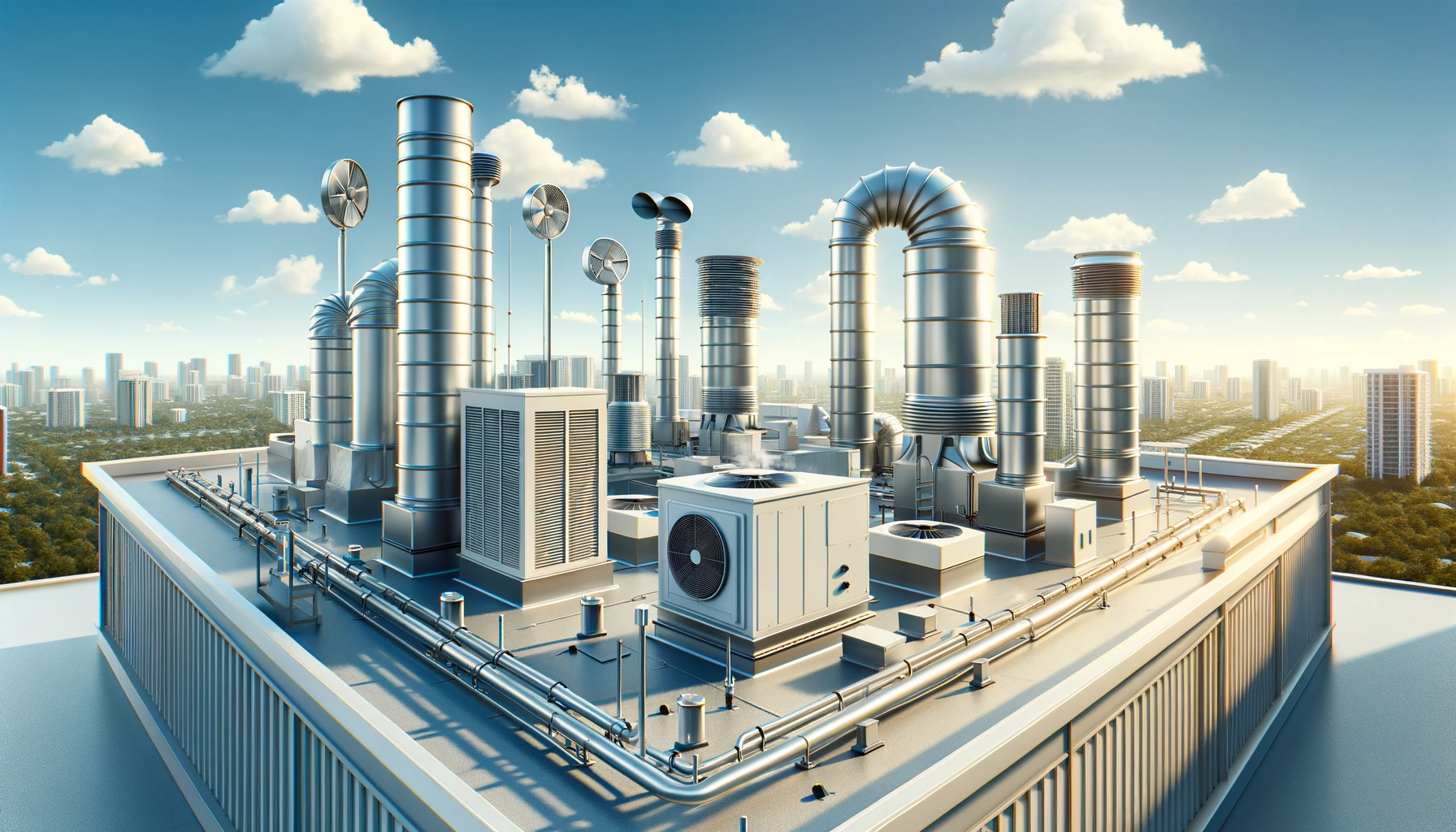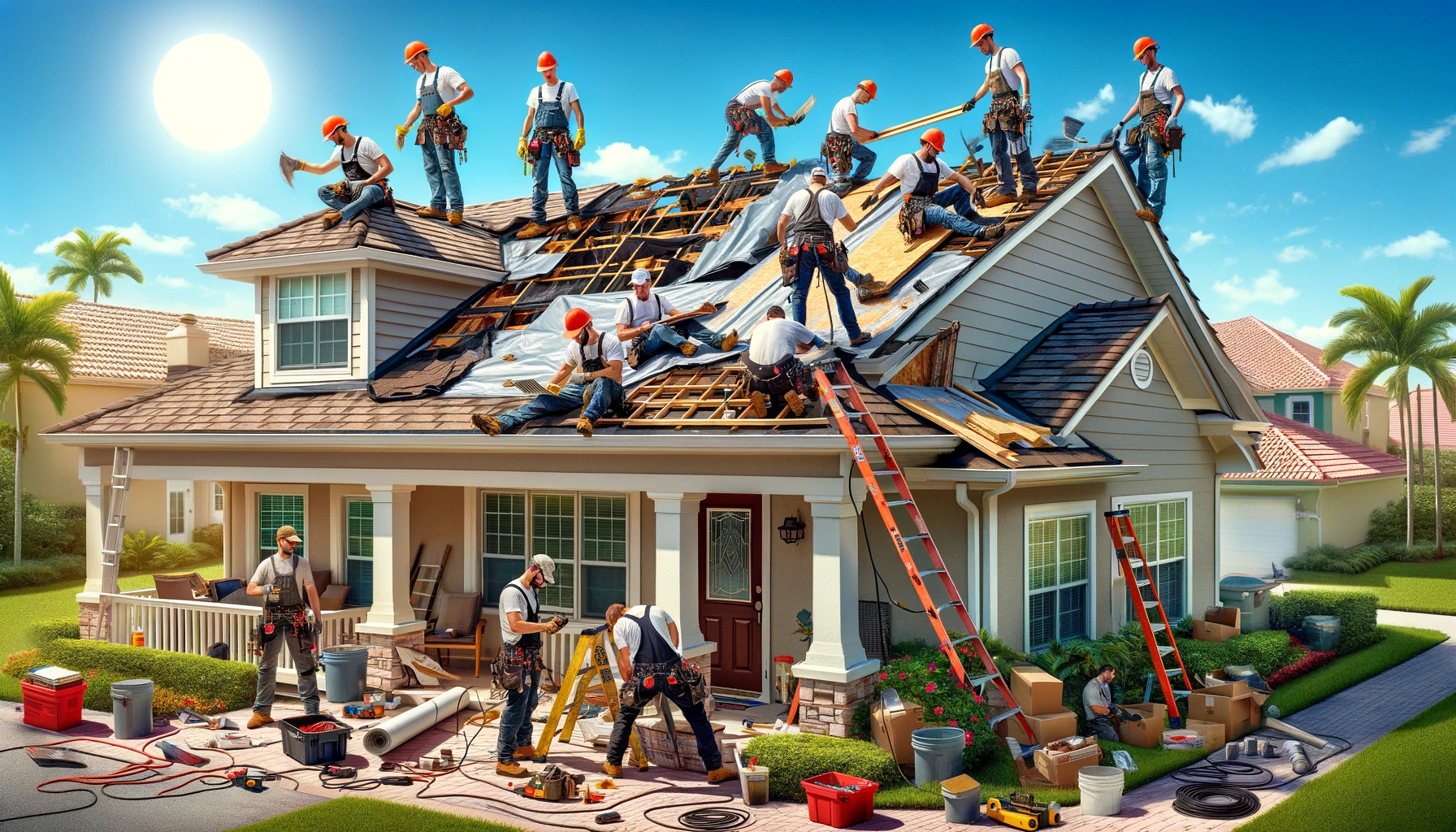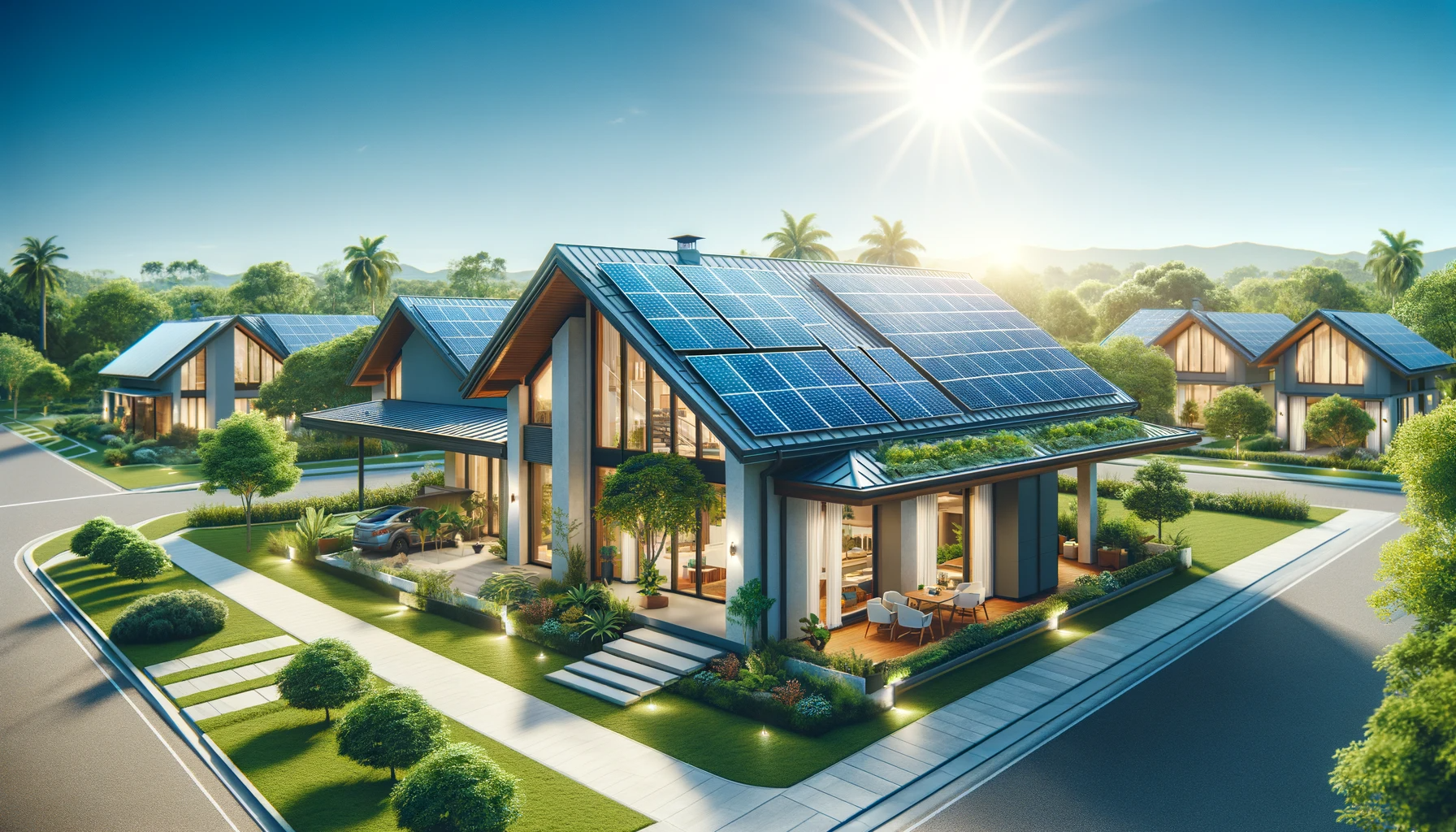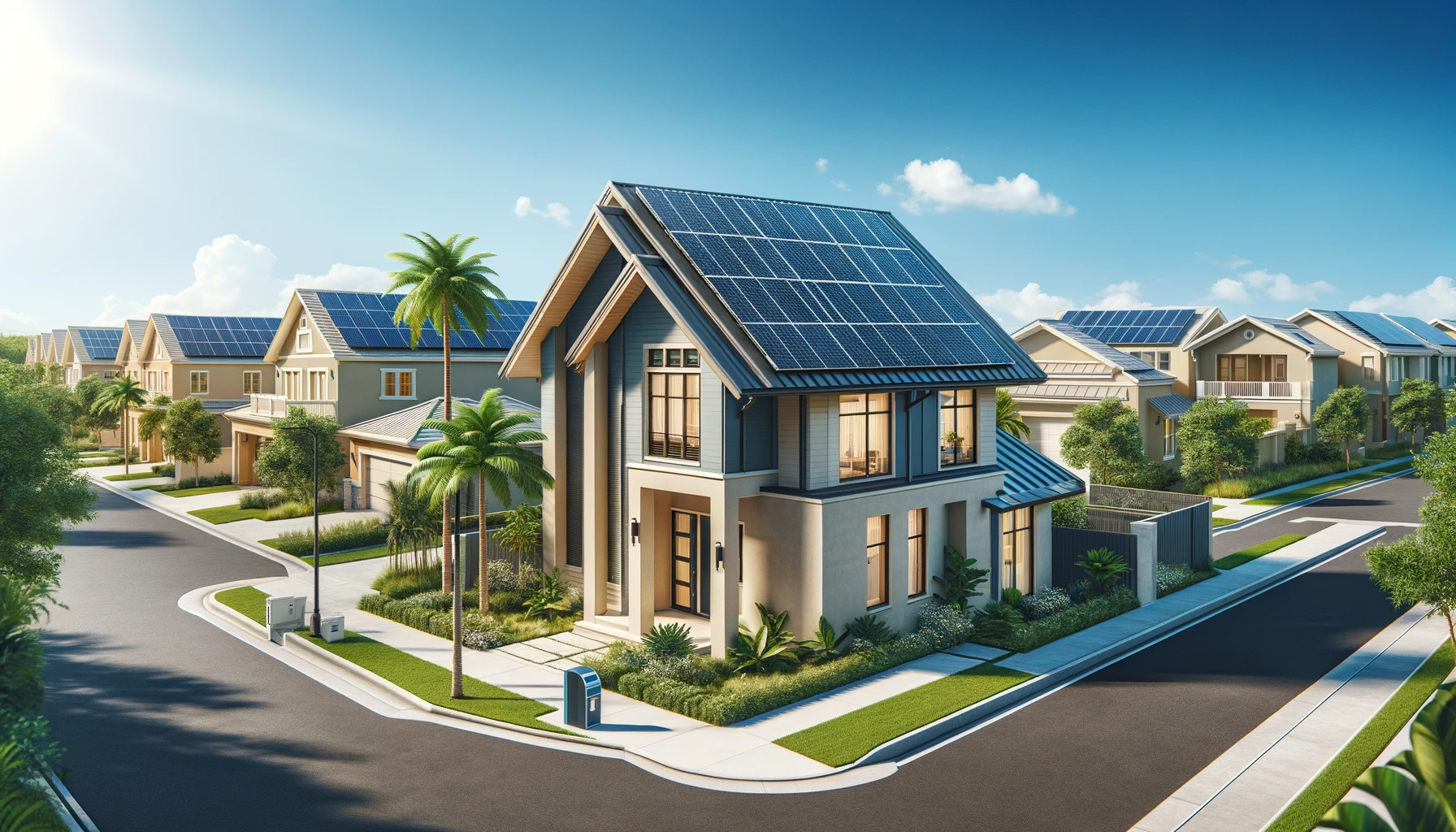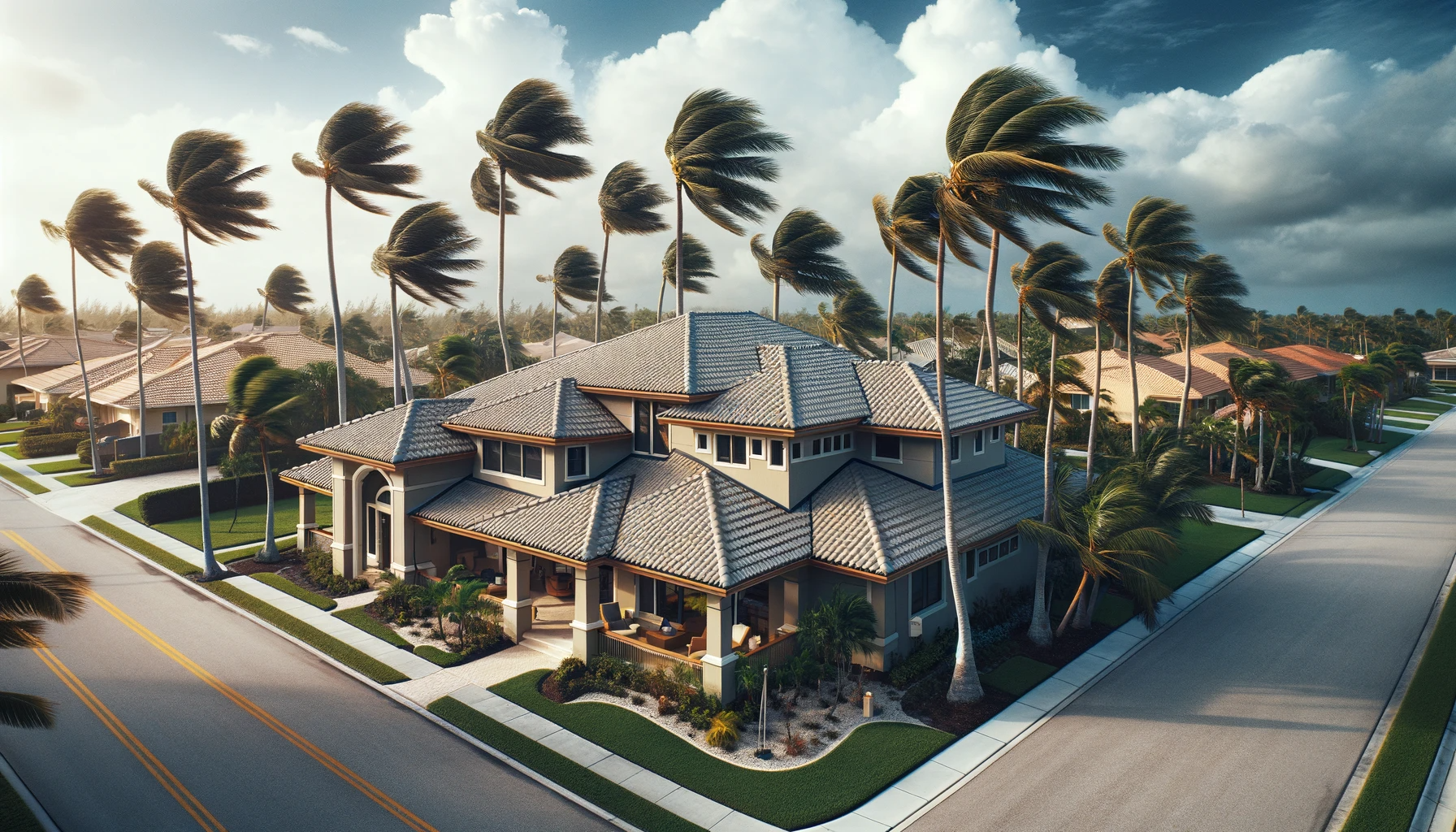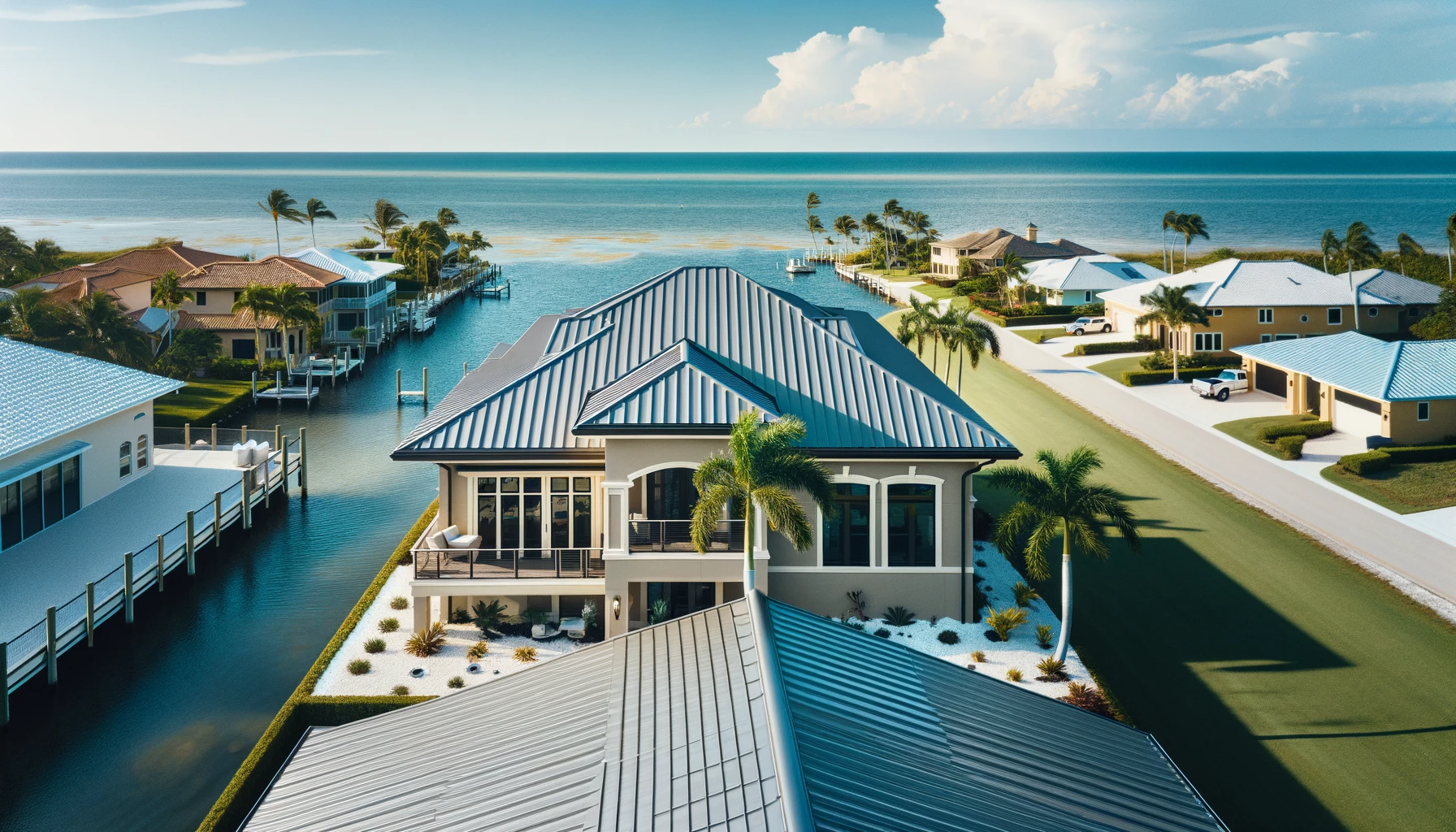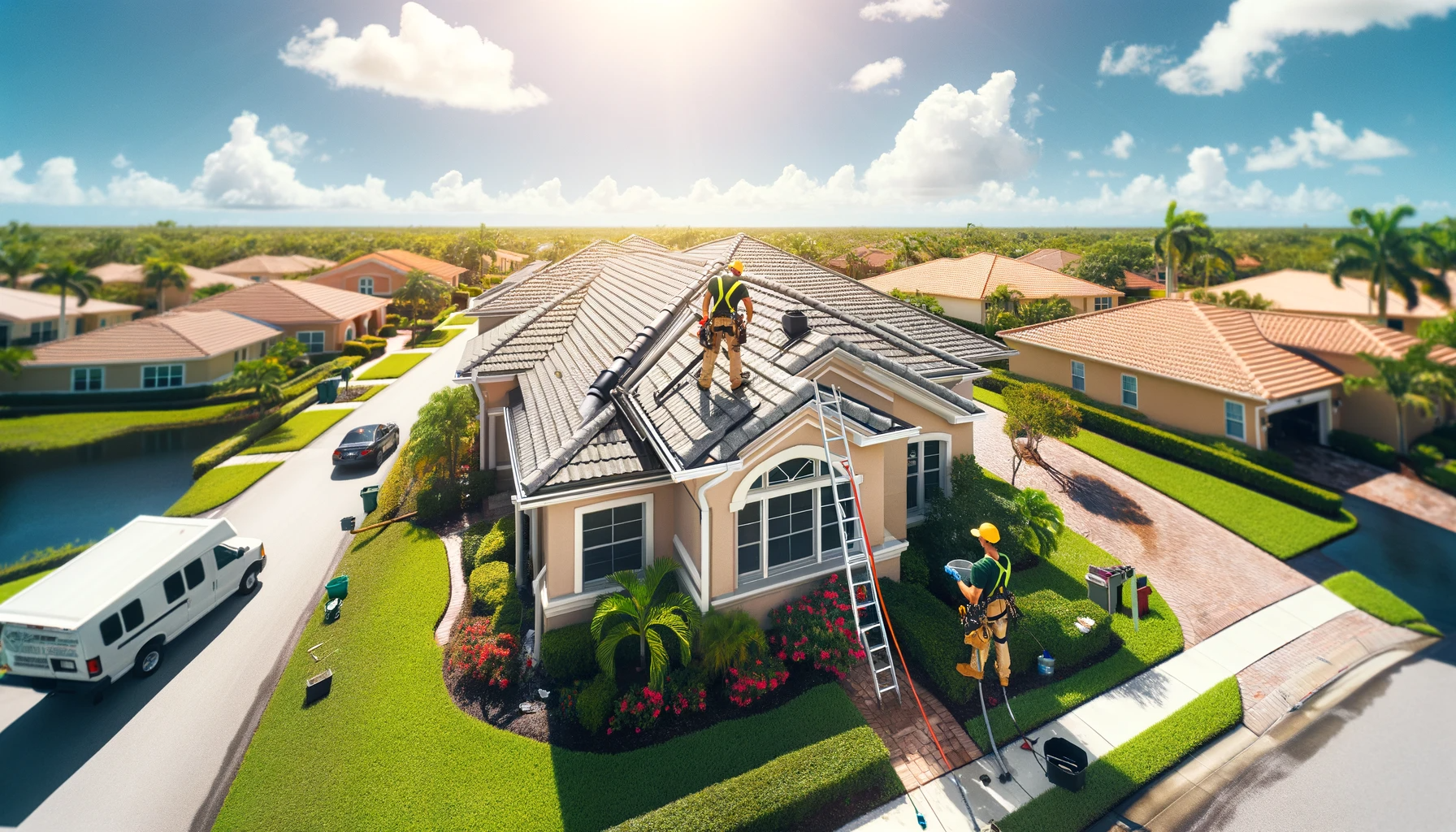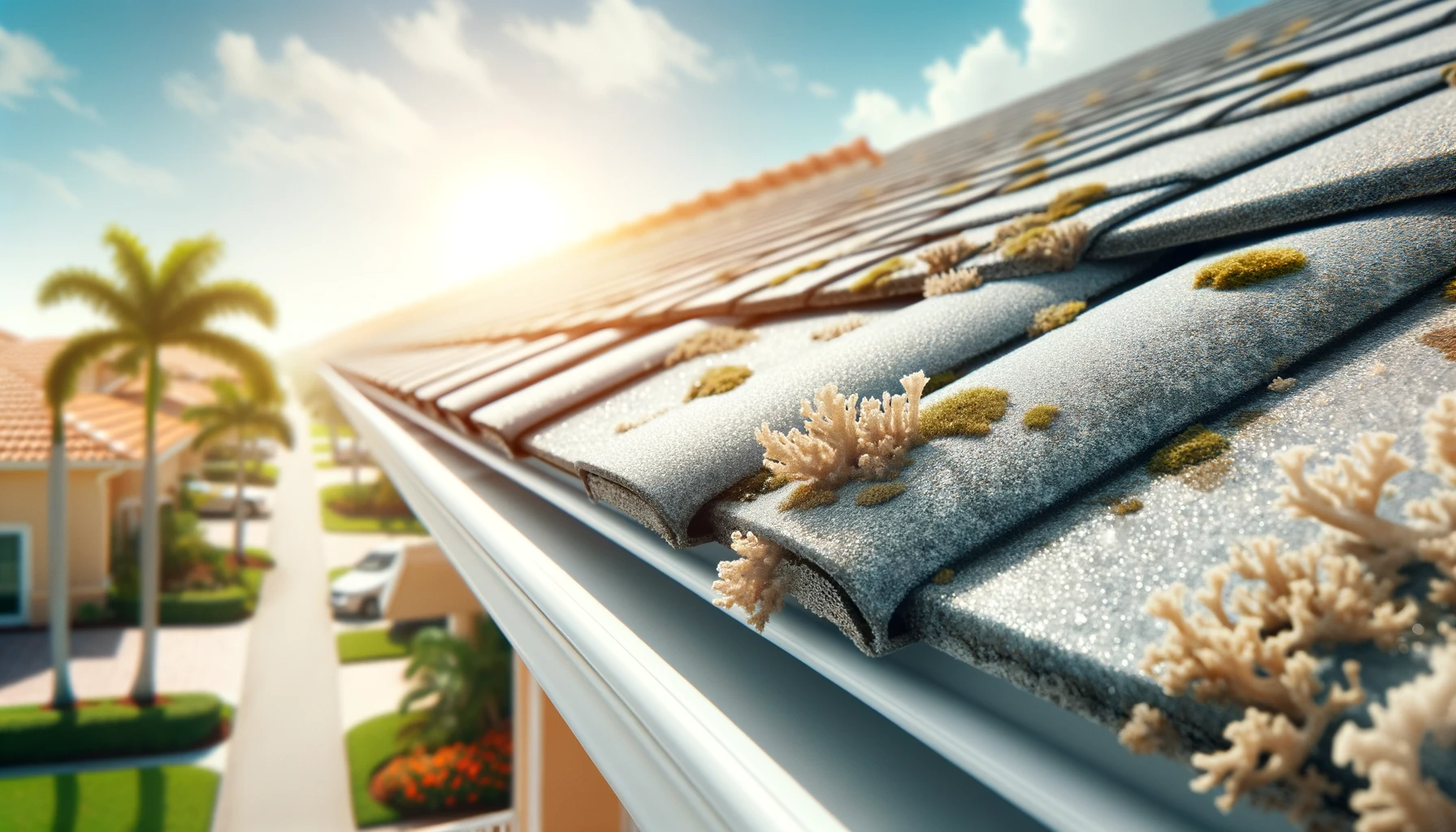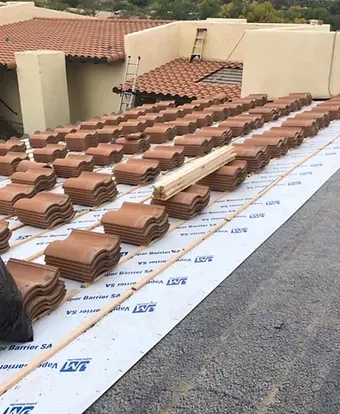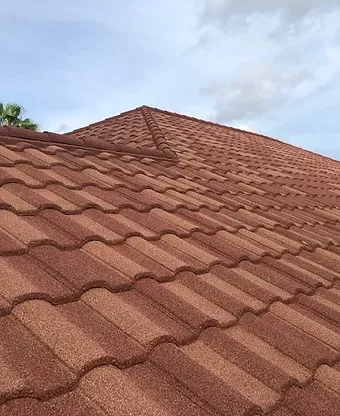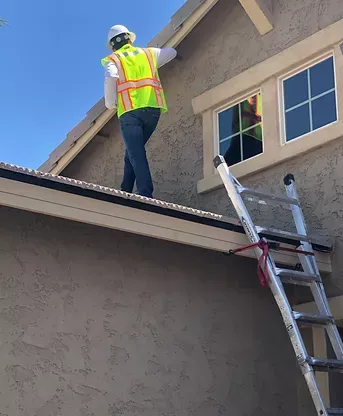Surviving the Storm: How Cape Coral Roofs Stand Up to Florida's Rainy Season
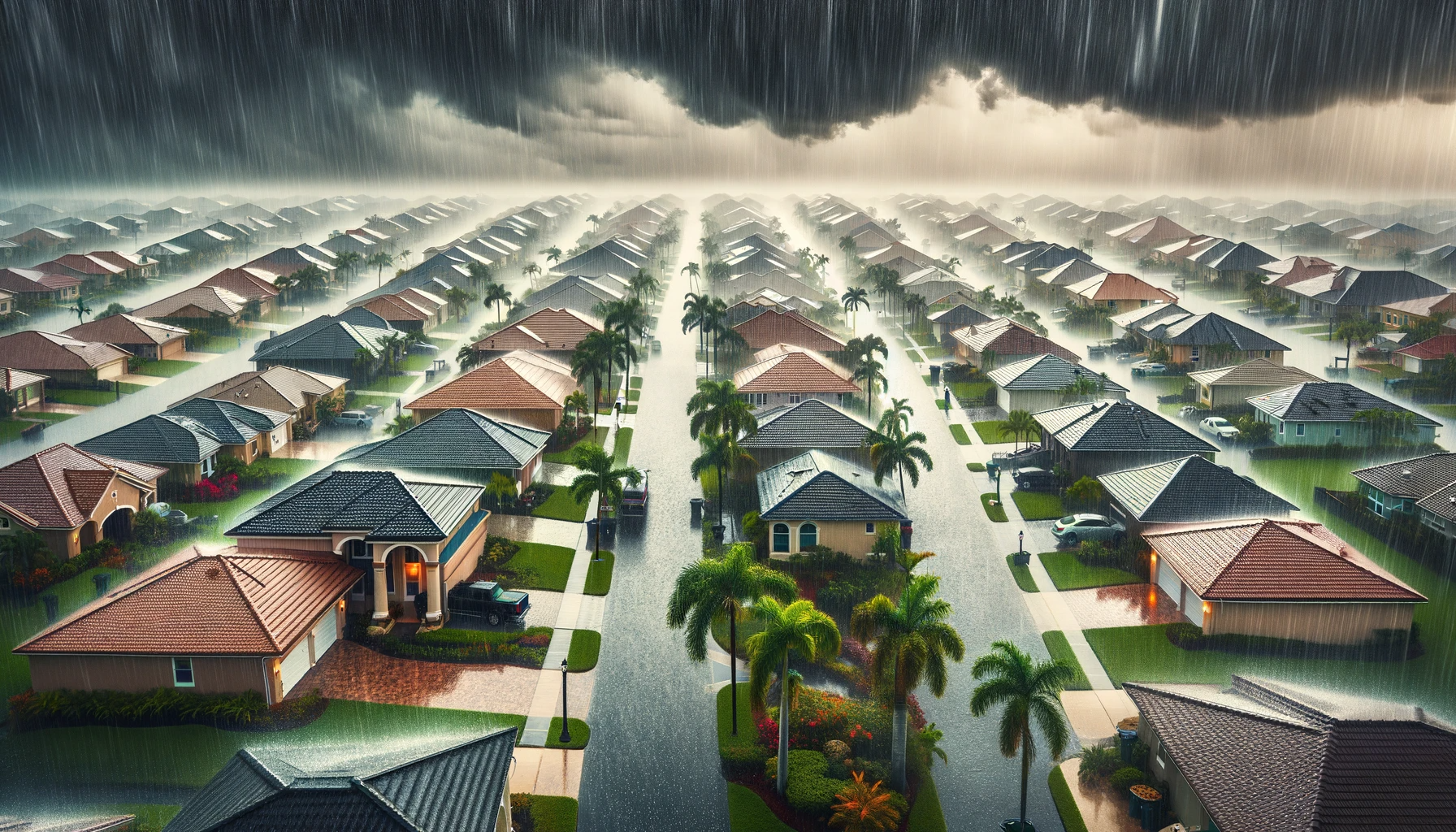
Living in Cape Coral, Florida, homeowners are no strangers to the challenges posed by the state's notorious rainy season. The torrential downpours, thunderous storms, and relentless rains test the resilience of any structure, particularly roofs. In this blog, we'll explore how different roofing types in Cape Coral withstand the harsh weather, ensuring safety and comfort for those beneath them.
The Rainy Season in Cape Coral
Florida's rainy season typically stretches from May through October, bringing about an average of 30 to 60 inches of rain. This period is characterized by sudden, heavy showers and thunderstorms that can be both a relief from the heat and a cause for concern regarding home maintenance, especially roofing.
Shingle Roofs: Popular but Vulnerable
Asphalt shingle roofs, common in Cape Coral, offer a balance of affordability and aesthetic appeal. However, they can be susceptible to damage during heavy rains. Wind-driven rains can lift or tear shingles, leading to leaks. Regular inspections and maintenance, such as replacing worn or damaged shingles and ensuring proper attic ventilation, are crucial for their longevity during the rainy season.
Tile Roofs: A Sturdy Option
Clay and concrete tile roofs are well-suited to Florida's climate. Their heavy weight makes them less likely to be affected by strong winds, and their design allows for effective water shedding. However, they aren't immune to problems. Broken or dislodged tiles can occur and should be addressed promptly to prevent water ingress.
Metal Roofs: Resilience and Longevity
Metal roofs are gaining popularity in Cape Coral for good reason. They withstand heavy rains and high winds exceptionally well, and their longevity is a significant advantage. Corrosion-resistant coatings make them suitable for the humid, salt-laden air, common in coastal areas. Their reflective properties also help in energy efficiency, a bonus during Florida's sweltering summers.
Stone Coated Steel Roofs: Combining Strength and Style
Stone coated steel roofing is a premium choice, offering the durability of metal with the aesthetic of traditional tiles or shingles. These roofs are excellent at resisting damage from heavy rains and can last decades with minimal maintenance. Their interlocking design further helps in preventing leaks.
Flat and Commercial Roofs: Unique Challenges
Flat roofs, common in commercial buildings, face unique challenges in the rainy season. Their low slope can lead to water pooling, increasing the risk of leaks. Regular inspection and maintenance, such as ensuring proper drainage and checking for ponding water, are essential.
Preventing Leaks: The First Line of Defense
No matter the roofing type, preventing leaks is paramount during the rainy season. Regular inspections, especially after storms, help in identifying and addressing potential issues like cracked tiles, loose shingles, or blocked gutters. Homeowners should pay attention to signs like water stains on ceilings, which could indicate roof leaks.
Storm Preparedness: Beyond the Roof
While a sturdy roof is crucial, overall storm preparedness is equally important. Ensuring windows and doors are secure, trimming trees, and clearing debris from gutters and downspouts are necessary steps in preparing for Florida's rainy season.
Professional Roof Inspections and Repairs
Given the complexity and dangers associated with roof repairs, especially during the rainy season, it's advisable to seek professional help. Expert roofing contractors in Cape Coral can provide thorough inspections, recommend necessary repairs or replacements, and ensure your roof is up to the task of protecting your home from the elements.
Conclusion: Staying Dry and Safe
A well-maintained roof is your home's first line of defense against Florida's challenging rainy season. By understanding the strengths and weaknesses of different roofing types and ensuring regular maintenance and inspections, homeowners in Cape Coral can weather the storm with confidence. Remember, a little preparation goes a long way in protecting your home and ensuring the safety and comfort of your family.
